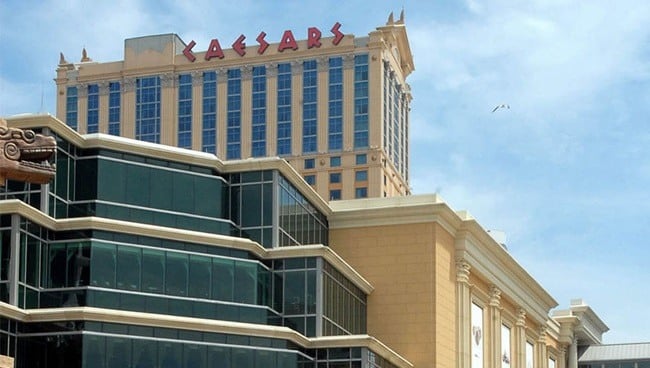Esports Events Prove Profitable for Casinos, But Millennials Still Not Gambling
Posted on: August 16, 2017, 05:00h.
Last updated on: August 17, 2017, 11:01h.
Casino operators have taken esports to their hearts over the past 18 months, as they seek to engage with the so-called millennial generation and futureproof their industry against the apathy young people hold for slots and blackjack.

But this tentative relationship is in its infancy and the casino industry is still cautiously sizing up the burgeoning new trend, and figuring out how to monetize it.
The industry is, however, prepared to take the long view, and, for the time being, it’s all about rooms, food and beverages.
Casinos that host esports tournaments (and they are many, and growing in number) are making their returns from selling players rooms and refreshments rather than converting them to the joys of casino gaming.
‘We’re Here to Shoot Our Guns’
But that’s fairly unsurprising, according to Kevin Ortzman, Caesars Entertainment’s Atlantic City regional president. In March, Caesars Atlantic City staged the Gears Pro Circuit Atlantic City Open which attracted around 900 competitors and spectators.
“Everybody’s still trying to figure out, how do you make this appealing for the consumer and make sense for the business? How do we all profit from this?” he told Wayne Parry of the Associated Press this week. “We certainly experienced a spike in our hospitality offerings… the hotel, food and beverage side of things,” Ortzman said. “We didn’t see as much on the gambling side, which we weren’t terribly surprised by.”
As one gamer put it, “We’re just here to shoot our guns.”
Caesars’ Atlantic City casino properties were, last November, the first in the world to introduce skill-based video gaming machines to the gaming floor, an event that was hailed as a possible transformational moment for the industry.
Teething Trouble for Skill-Gaming
But the grand experiment to capture the attention of the millennial generation fell flat. The machines were pulled in June as they failed to bring in sufficient profit to cover vendor fees.
Caesars described the experiment as a “learning curve,” adding that it remained committed to exploring the concept of skill-based gambling, despite the teething troubles.
Caesars, of course, is not the only one trying to figure out how best to monetize competitive gaming. A recent report by HIS Markit concluded that the esports industry was still several years away from fulfilling its revenue potential, largely because of a fragmented global audience.
Maturity will come, eventually, it concluded, through the sale of media rights to mainstream broadcasters and brands.
But, crucially, the report suggested there were proportionately three to four times more millennials watching esports than any of the big four US sports.
This highlights how powerful a medium it is for companies wishing to engage with a highly-sought-after demographic that is difficult to reach through traditional marketing and media channels.
No comments yet